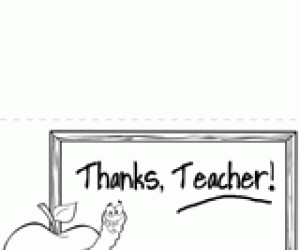In a traditional school setting, every child is expected to learn the same thing at the same time. With 25 or more children in a classroom, there is no time to focus on individual learning styles and developmental differences. Fortunately, as a homeschooler, you do not have to follow this path. If reading is too hard for her right now, focus your energies elsewhere. Or perhaps the curriculum or method you're using is not the best one for your daughter. If she is an active, hands-on learner and you are relying on textbook learning, you're going to run into problems.
It is not uncommon for my daughter (also very active) to dance around the room while I read to her. Sitting still and doing paperwork is almost painful for her, but she thrives on games and hands-on activities. We write our multiplication facts with a marker on a ball and toss it back and forth. You have to answer the problem under your thumb. We bake cookies and double the recipe. Cooking, shopping, building with Legos all of these day-to-day activities present learning opportunities. If she is having a hard time (i.e., she is bored or antsy) with something, step back and ask yourself if she really needs to know this right now. Most of the time the answer is no. If it is something important, recognize your current teaching method is not working, and find a way to present the material in a more interesting, appealing manner.
For more ideas and reading help, read Helping Your Homeschooler Learn to Read. Choosing A Homeschool Curriculum will help you find the best teaching materials for your daughter. Good luck!





